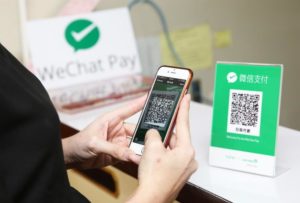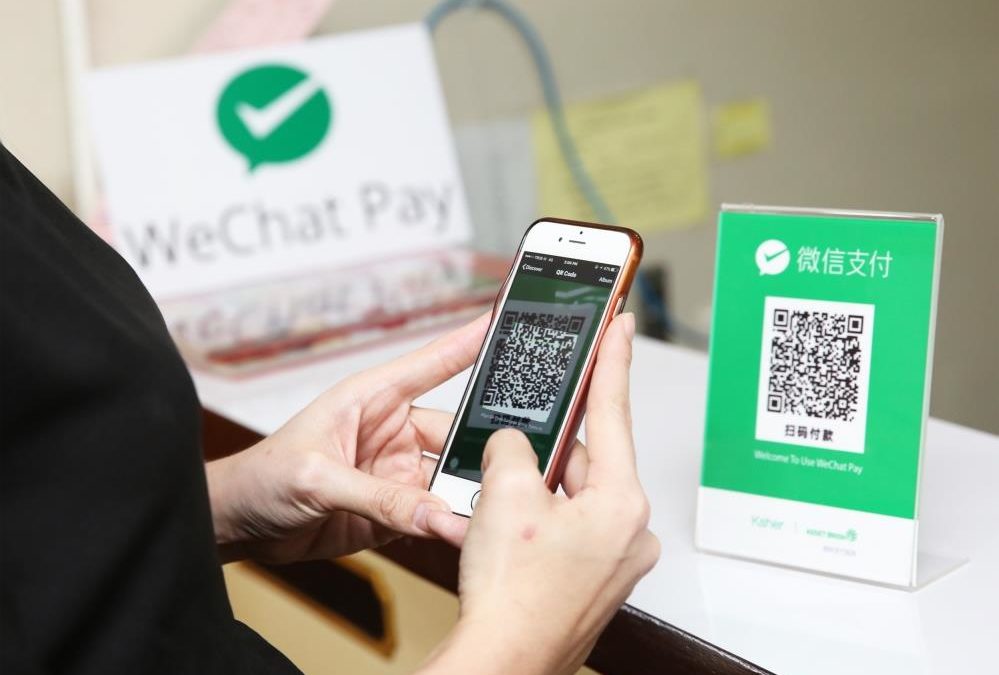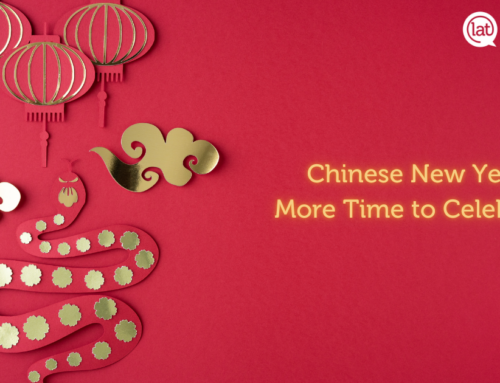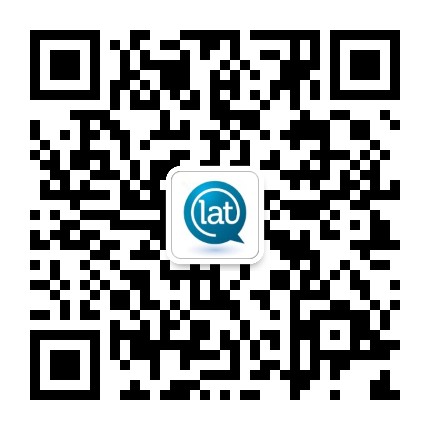In North America, the convenience of tap cards and online banking has made it easy to eschew cash and only carry cards. But in China, people are one step ahead. Mobile payments—on Alipay and WeChat Pay—dominate the payment scene. And, with mobile payment transactions reaching a record 81 trillion yuan ($16.8 trillion CAD), Chinese cities are the “closest to cashless consumer economies in the world.” So why is the method of payment so big in China and why are we still so behind in North America?

Mobile pay is everywhere in China
In China, the popularity of mobile payment is indisputable. Estimates place 61% of global mobile payment users in China. Of those, 64.7% of Chinese smartphone users use mobile payment as their main transaction method.
The craziest example of this popularity? In China, beggars will display QR codes which passersby can scan with their phones to instantly donate money.
How did mobile payment get so big in China?
In China, debit and credit cards have never been popular payment methods. In the early 2000s, cash was the major form of payment. People didn’t use credit cards because they distrusted them, didn’t have a lot of extra cash to spend, and were averse to debt.
Alibaba, parent company of popular retail sites Taobao.com and Tmall.com, developed the Alipay payment system because payment was a huge barrier to business growth. Alibaba developed a trustworthy method of transferring funds where payments would be held in an online escrow system and only released when the goods were delivered.
This won the trust of Chinese customers, as this was a safer way to transfer funds. Mobile payment also caught on because of the prolific use of smartphones in China. Smartphones are both widely used and inexpensive. In China, many low-income people do not own a computer, but they do own a smartphone.

Why hasn’t mobile pay caught on in North America?
Companies like Apple have been trying to introduce mobile payment to North America, but with limited success. For example, only 19% of Apple users have ever tried Apple Pay.
Unlike China, which jumped straight from cash to mobile pay, debit and credit cards are the main payment option used in North America. People are used to them and don’t see many benefits in changing.
Mobile payments in North America also aren’t set up well. They often require multiple steps to complete a transaction, compared to the quick QR code scan in China. QR codes have not caught on in North America, and are critical to the success of mobile payment in China.
But businesses take note: According to a survey by Nielsen and Alipay, 91% of Chinese tourists would shop more if overseas merchants had mobile payment options. If your business has these options, it will stand out to Chinese tourists and draw business.
Next steps
Want to get going with a Chinese mobile payment system? Our partnership with MotionPay can help get you started so that your Chinese visitors can quickly and easily make payments. We can also assist with a Chinese marketing strategy aimed at marketing your services to this audience, and assist with Chinese cultural awareness training.















